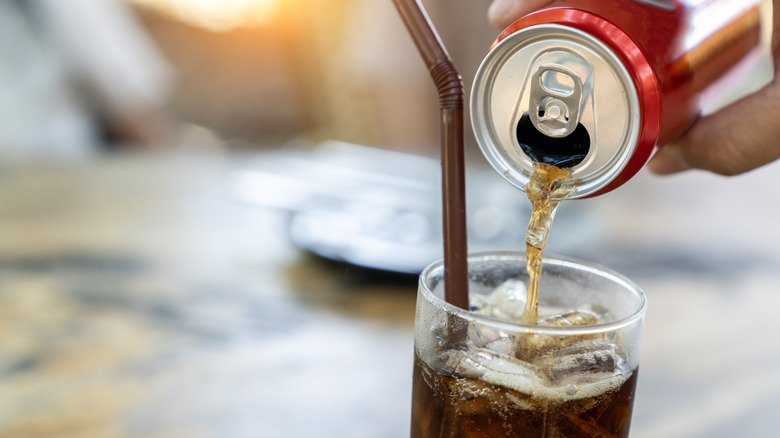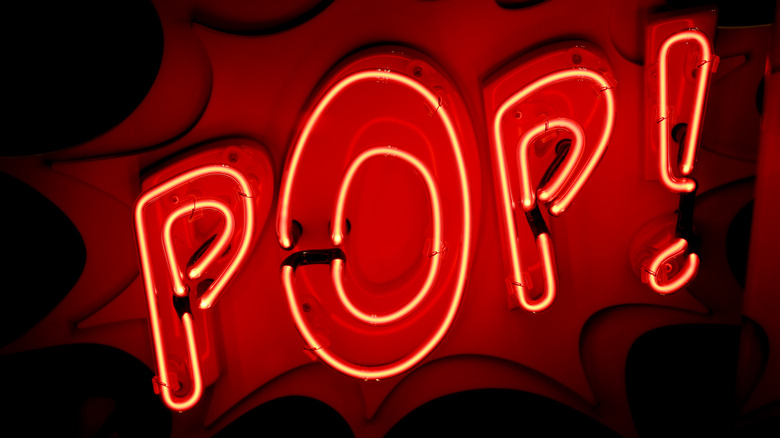Why Do Some US Regions Call Soda Pop?
"Soda" or "pop"? That is the question, and like ketchup on hotdogs in Chicago, people feel very strongly about it. The reason many people refer to soda as "pop" is due to regional differences in dialect, which is also how you get words like "ya'll" and "youse" and differences like "sneakers" and "tennis shoes." Regional differences in dialects arise for many reasons, including settlement patterns, geographic location, and influences from various languages and accents.
In the case of "pop" versus "soda," the differences started back in the 1820s when the word "soda pop" was used to describe a beverage of mineral water, now known as "seltzer." A bit over a decade later, "soda" was the go-to word for carbonated water, and by the 1840s, it had become a staple at pharmacies and drugstores that housed soda counters. By the 1920s, "pop" and "soda" had become slang terms for fizzy beverages, and "bottle of pop" was particularly common in the flapper subculture.
While the exact distribution of terms is hard to trace, the rise of these two terms grew gradually over time, and as more people in a region used one, it caught on and stuck. Take Minnesota, for example; out of 13,802 questionnaire answerers on Pop vs Soda, 11,627 stated they said "pop," while only 1,745 said "soda." Meanwhile, if you head to Massachusetts, where one of the first soda fountains opened, 5,874 participants said "soda" out of 8,112 responses.
The regions where pop reigns supreme
When you look at a map of the terms people use for soda across America, you'll see several trends. One is that, due to the invention of Coca-Cola in Atlanta, Georgia, much of the Southern United States calls all soft drinks "coke." Meanwhile, "soda" is most popular in the Northeast, California, Arizona, the eastern part of Wisconsin, and the area around St. Louis. However, the rest of the Midwest and West remain dominated by "pop."
The proliferation of "pop" in the Midwest and West purportedly stems from the drink brand Faygo and its strawberry flavor, Red Pop, which started being bottled in Detroit in the early 20th century by brothers Perry and Ben Feigenson. Because of pop's popularity in the Midwest, it caught on in the Pacific Northwest, where the upper Midwest heavily influenced the dialect, mainly due to migration.
So, if you're from a region where "soda" is the go-to term for soft drinks, don't be surprised if you get a few raised eyebrows when asking for one in an area where "pop" is king. Folks can be pretty defensive of their local dialects, and sometimes, it's best just to do as the Romans do when you're in Rome.

